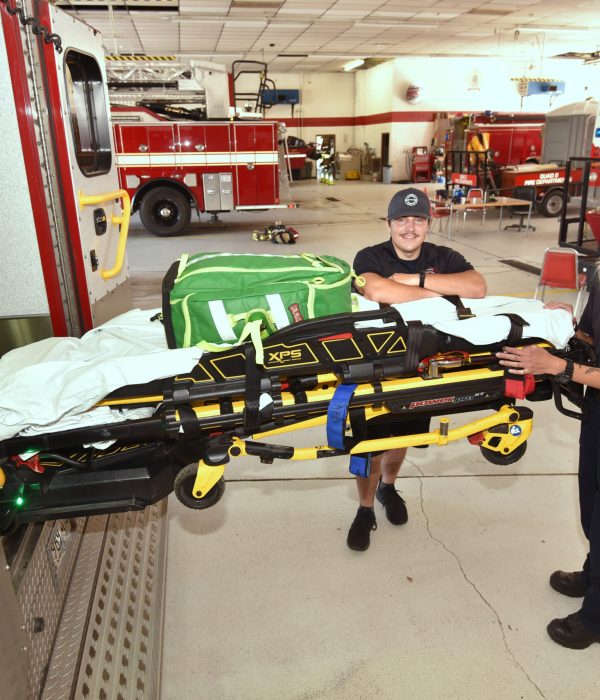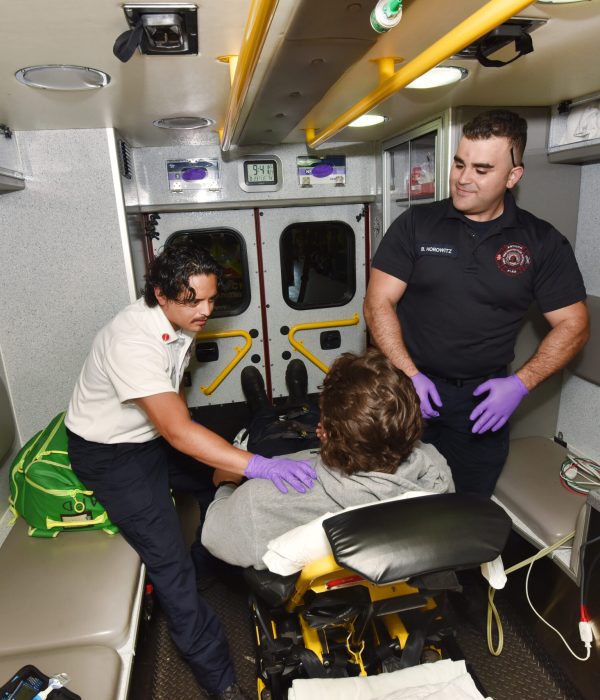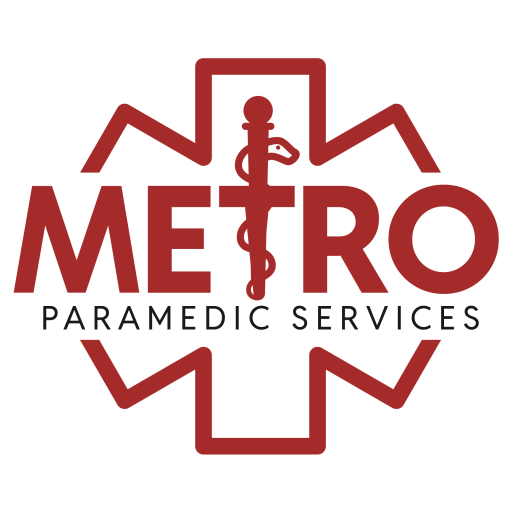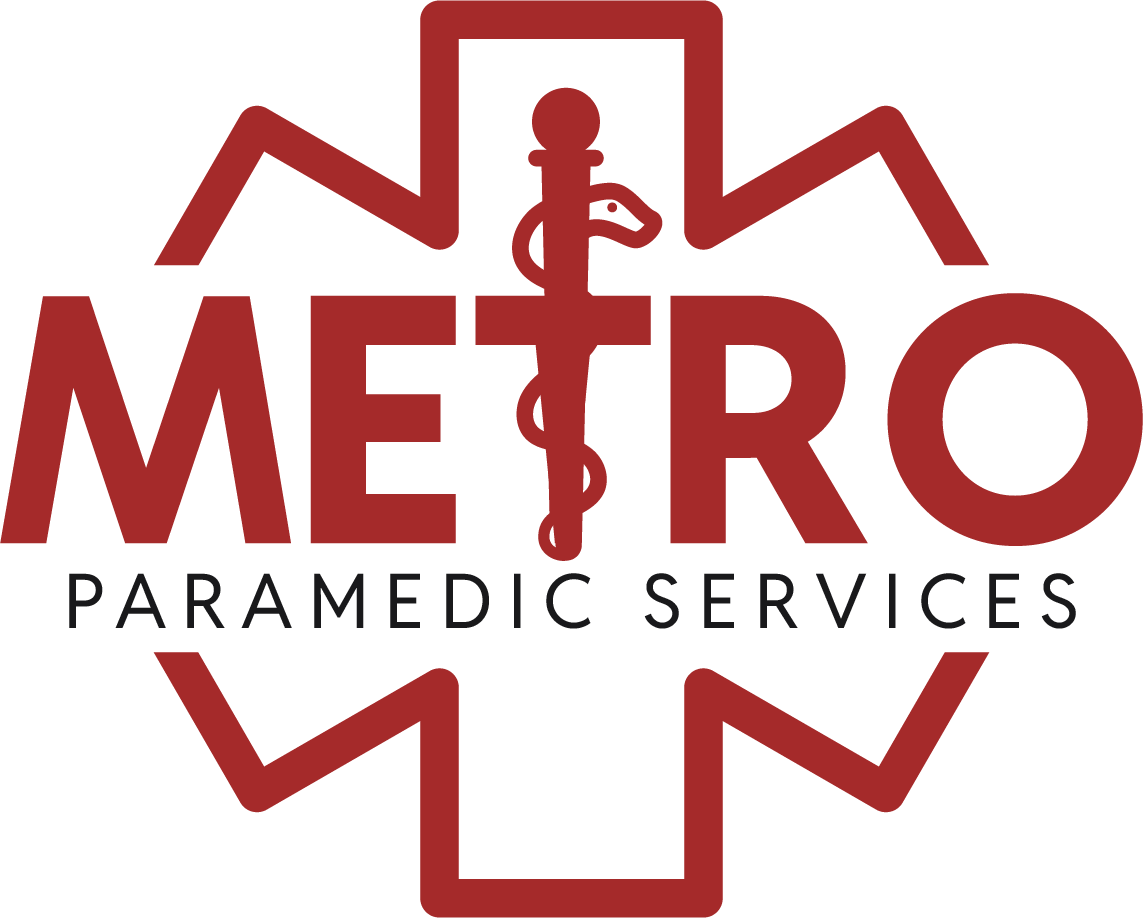Metro Paramedics has provided emergency medical and firefighting services to communities since 1984. Find out how Metro Paramedics can fit the needs of your municipality or fire district.
Emergency Call

Emergency Medical Services (EMS) personnel are the front-line responders in medical emergencies, providing critical care in a variety of situations. EMS professionals operate at different certification levels, each with its own set of skills, responsibilities, and scope of practice. Understanding the distinctions between Emergency Medical Technicians (EMTs), Paramedics, and Critical Care providers is essential for organizations and communities that rely on these lifesaving services.
Emergency Medical Technicians (EMTs) represent the entry-level tier of EMS personnel. They provide basic life support (BLS) and are typically the first to respond to emergency calls. EMTs are trained to perform a variety of essential medical procedures but operate under a more limited scope of practice compared to advanced EMS personnel.
Training Requirements: EMTs complete a state-approved training program, which generally takes around 150 to 200 hours. This training covers basic emergency care, including patient assessment, airway management, CPR, and how to use equipment such as automated external defibrillators (AEDs).
Scope of Practice: EMTs are skilled in administering basic first aid, immobilizing patients, controlling bleeding, and providing oxygen therapy. They can also assist patients with certain medications like epinephrine auto-injectors and inhalers but are not authorized to administer more complex medications or perform invasive procedures.
Role in Emergency Response: EMTs stabilize patients and prepare them for transport to medical facilities. They work closely with Paramedics and other healthcare professionals to ensure patients receive timely and appropriate care.


Paramedics represent the advanced level of EMS personnel, providing a higher degree of medical care than EMTs. They are trained in advanced life support (ALS) and are capable of performing a wider range of medical procedures.
Training Requirements: Paramedic training is more extensive, typically involving 1,200 to 1,800 hours of education. This training includes classroom instruction, hands-on skills practice, and clinical internships in hospitals and ambulances. Paramedics must also pass a national certification exam to become licensed.
Scope of Practice: Paramedics are trained to perform advanced medical procedures, such as intravenous (IV) therapy, intubation, manual defibrillation, and administering a broader range of medications. They can interpret electrocardiograms (ECGs), manage cardiac emergencies, and provide advanced trauma care.
Role in Emergency Response: Paramedics play a crucial role in pre-hospital care, offering advanced interventions that can be life-saving. They often take the lead in patient assessment and treatment during emergencies, particularly in cases involving severe injuries, cardiac events, and respiratory distress.
Critical Care EMS personnel are the most specialized among the different EMS levels, often handling the most complex medical emergencies. They are trained to provide care during transport for critically ill or injured patients, whether it involves ground or air transport.
Training Requirements: Critical Care providers are typically experienced Paramedics or Registered Nurses (RNs) who have completed additional specialized training in critical care transport. Programs for Critical Care training cover topics such as advanced cardiac life support, ventilator management, and neonatal and pediatric care.
Scope of Practice: Critical Care providers have an expanded scope of practice, including advanced airway management, complex medication administration, and invasive procedures like central line monitoring. They are also proficient in managing advanced medical equipment, such as ventilators and infusion pumps, during patient transport.
Role in Emergency Response: Critical Care personnel often work in specialized units like air ambulances or critical care transport teams. They provide vital care for patients requiring higher levels of medical support, such as those with severe trauma, cardiac conditions, or who need inter-facility transport for specialized treatment.


Metro Paramedics has provided emergency medical and firefighting services to communities since 1984. Find out how Metro Paramedics can fit the needs of your municipality or fire district.
Call Now

